A war goddess, Durga, and warrior brotherhood, Sikh Khalsa Panth’s ritual veneration and reverence for weapons – where the Indo-European cultures, the divine unites with the profane – elucidates Azam from France in an exclusive Special Feature for Different Truths.
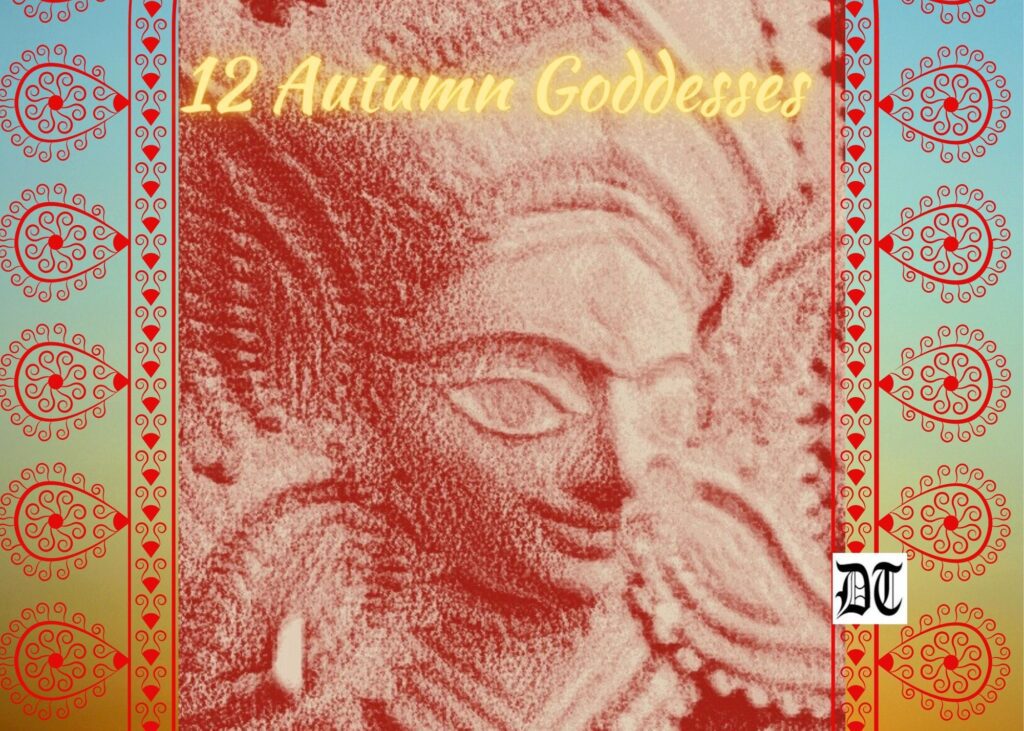
Cultures reveal ritual veneration for bladed weapons, and India’s Durga Puja (worship), which includes weapon reverence, is at the living heart of Indo-European weapon rituals. Durga is the Hindu goddess of war, each of her ten hands adorned with weapons bestowed by various gods to slay the demon Mahisasur. In such ceremonies, the sacred and the profane declare a truce in the pursuit of righteousness. Durga Puja is celebrated in spring and autumn. The autumnal worship is also known as Lord Rama Shakti’s Puja – he was the first to awaken and invoke her untimely.
The divine is sacred, weapons profane, and prayers asking the former to bless the latter unites them. After all, a person and a family’s continuity depended on the use of weapons, as did prosperity which, of course, involved their unrighteous use. All such ceremonies incorporate the core values attached to and released by weapons, while each cultural group or community’s formal ceremonies may vary, as in our family.
Vaisakhi is Punjab’s spring harvest festival, often coinciding with the spring Durga Puja. It is also the birthday of the Sikh Khalsa Panth
Vaisakhi is Punjab’s spring harvest festival, often coinciding with the spring Durga Puja. It is also the birthday of the Sikh Khalsa Panth, the warrior brotherhood from which my grandfather had converted to Christianity and the traditions we cherished. One of them was cleaning the family shastra — weapons — retrieving the core values of a shastra puja without formalism. The pragmatism of the weapon maintenance and display ritual used to be a shastra spring-cleaning that included saddlery, just before a clan’s asiag raiders galloped off to replenish their stocks!
So, every Vaisakhi, which often overlapped Easter, we returned to our grandfather’s farmhouse in Gujranwala, which shared the boundary wall of General Hari Singh Nalwa’s property opposite the railway station at the edge of the Civil Lines. We said our Christian prayers but upheld the core values of our ancestral traditions, balancing the sacred and profane, which may be considered an unpretentious definition of secularism.
Heat lurked over the welcome shade of the jamun — java plum — planted by my grandmother, Surinder Kaur Th’hillau (Dhillon), near the lily pond.
Heat lurked over the welcome shade of the jamun — java plum — planted by my grandmother, Surinder Kaur Th’hillau (Dhillon), near the lily pond. Next to it, thirty-year-old stacks of shisham trunks stoically seasoned themselves for the family’s dowries. The muscles in the hennaed flanks of the eye-shaded ox rippled to the rhythm of the bells in his collar as he circled the perpetual well to power the Persian wheel. The timeless sound mingled with the tinkling chain of buckets tipping into the kha’al water channel to irrigate our citrus and mango orchards. White leghorn and golden buff chickens ran clucking on the orchard floor, dotted with rose, jasmine and motia bushes.
Pushing a lock of her hair with the back of her hand, Jeeja’an was stoking the tandoor for the Vaisakhi breakfast parathas, which would be served with yoghurt, achar pickle and butter-laced mustard-shoot saag and finished with ghee-oozing, sinful semolina halva. Mephi and Zangi, the two bull-terriers, sat under the outdoor table, Mephi licking my elder brother Kukoo’s feet. Bad-dad and his older brother, our Taia-jee, sat on leather-woven Chiniot chairs at the head and feet of the table. Apa, one-mum, Taee-Ji Bo-bo and I sat cross-legged on the leather-woven charpai (cots) at either length of the table, which was covered with a hand-spun, scarlet lowee shawl.
The bladed weapons bore mute testimony of our warrior past, while the silk-wrapped Holy Bible declared our faith…
Rounds of .38 and .22 ammunition, shotgun shells, and bladed weapons glistened under the sunrays piercing the jamun leaves. The bladed weapons bore mute testimony of our warrior past, while the silk-wrapped Holy Bible declared our faith: the sacred and the profane, side by side, offering a secular glimmer in a theocracy.
The heady perfume from the basket of jasmine and roses permeated the air as one-mum hummed to herself while stringing up gajra bracelets! She didn’t like this ‘jatt weapons business’, and Alexandra school, Amritsar and Murray College, Sialkot, had imbued her poetic sensibilities with spunk!
A copper tray held about a dozen limes sliced in half, next to a big bowl of lassi with a long-handled paimana (measure) to serve it in copper glasses. We were cleaning the cartridges, checking for traces of mould, and the limes from our orchard were ideally suited to the job.
“Azam?”
“Yes, bad-dad?”
“Do that one again!”
I nodded and reached for the .38 round. These rounds went with bad-dad’s Smith and Wesson awarded to him in 1947…
I nodded and reached for the .38 round. These rounds went with bad-dad’s Smith and Wesson awarded to him in 1947 by Anwar-ul-Haq, Deputy Commissioner Rawalpindi, for his fearlessness and integrity as a young magistrate in securing the safe passage of Hindu and Sikh migrants under his charge. The same Uncle Anwar-ul-Haq rose as the Chief Justice of Pakistan and upheld Z. A. Bhutto’s death sentence.
Ignoring my older brother Kukoo’s kick under the table and grateful for Apa’s glare in his direction, I energetically rubbed the recalcitrant .38 round with lime again. I put it in front of Apa, who dried it with a cloth and returned it to the pile.
“Shabash,” Taia jee said, “And nobody seems to be interested in the lassi. Ohay, Ilyas-uuh, stop scratching yourself in the wrong place, wash your hands and serve us a round of lassi.”
Zangi gave a happy bark as Ilyas trotted up, wiping his hands on his dhoti.
We cleaned all the ammunition, dried it, double-checked it, and put it back in the bandoliers.
We cleaned all the ammunition, dried it, double-checked it, and put it back in the bandoliers. The bladed weapons got the same treatment, except that they received a thin layer of mustard oil. I loved the bladed weapons and couldn’t wait to get my hands on them: the pair of spears, battle axes, swords and kirpan daggers. There used to be many more, but they had been sealed in clay pots and buried around the orchard when General Ayub Khan imposed martial law in 1958!
Our task finished; we laid the shastra on the table and stood up.
Taia jee picked up the Holy Bible, kissed it, unwrapped it, and read a passage. Bad-dad declaimed the 23rd Psalm, and I was asked to recite the Lord’s Prayer.
By then, my tummy was rumbling, and I was on the verge of drooling at the thought of tandoori parathas.
Jeejan and Ilyas started laying the breakfast table on the back verandah.
Jeejan and Ilyas started laying the breakfast table on the back verandah. We hurried to put the shastra away and then get down to the serious business of our Vaisakhi breakfast and talk about the lunch that would follow.
Then, as it happens, life caught up with me.
I grew up and started struggling to fit my birthright into the constraints of a feudal theocracy with fists, feet, and pen, ending up as a para and infantry-school qualified ex-officer of the Punjab Regiment with service on the LOC, who then joined the French Foreign Legion, reshaped his life with a PhD and barehandedly chipped away at granite to sculpt some of what he had lost. A family armoury wasn’t even at the bottom of the bucket list.
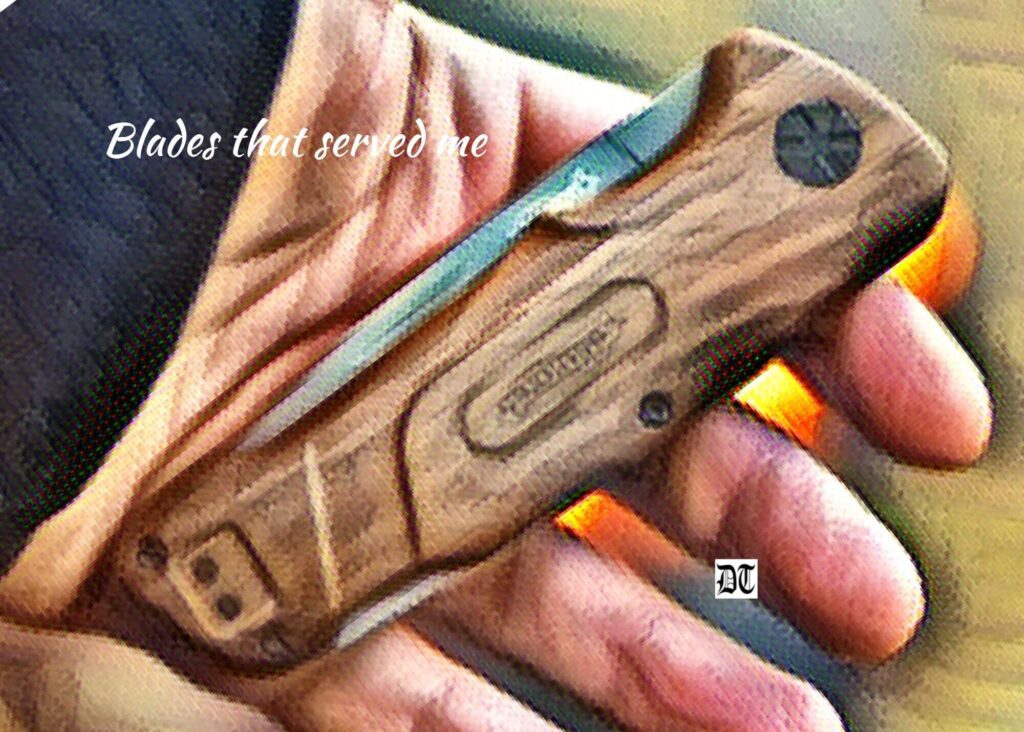
My Puma folding knife and K-bar combat dagger that had seen service in Africa were reliable friends.
My Puma folding knife and K-bar combat dagger that had seen service in Africa were reliable friends. Each of my children had a good knife, used it at barbecues and picnics and was treated with a healthy respect. By the time I could rebuild a bladed collection, the kids were grappling with the joys and challenges of university life. Then, ten years ago, I answered the call with a unilateral decision and gently blew on smouldering embers to reignite the ritual.
Except that I start with breakfast!
Then I clean my shastra, lay them out, do a Bible reading and pray that I never have to use them, except in legitimate defence or an unambiguously righteous cause, guided in my discernment by divine pity — tars-e-Khuda.
And then, of course, I stuff myself with Vaisakhi lunch!
My children? Their parents arbitrarily decided their place of birth, and they freely exercised their right to live like their fellow citizens in this secular democracy…
My children? Their parents arbitrarily decided their place of birth, and they freely exercised their right to live like their fellow citizens in this secular democracy based on liberty, equality, and fraternity. When they’re around, they give a hand — more with the food than with the shastra (!) — but in the prayers, which is the inner core of this stabilising ritual, we’re on the same grid.
Feature Picture from deviantart.com Pencil : Shounak Dutta Color : Sumit Roy

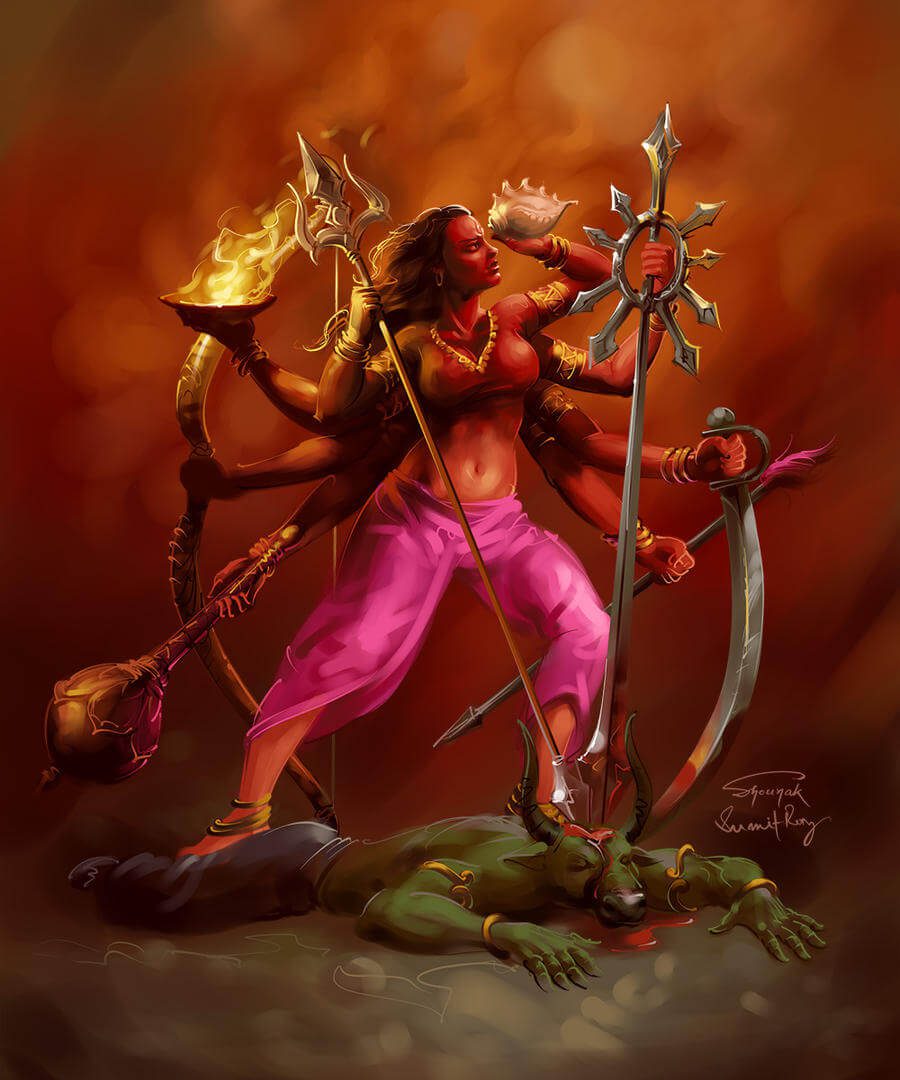
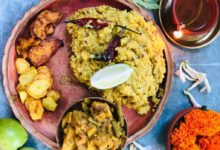

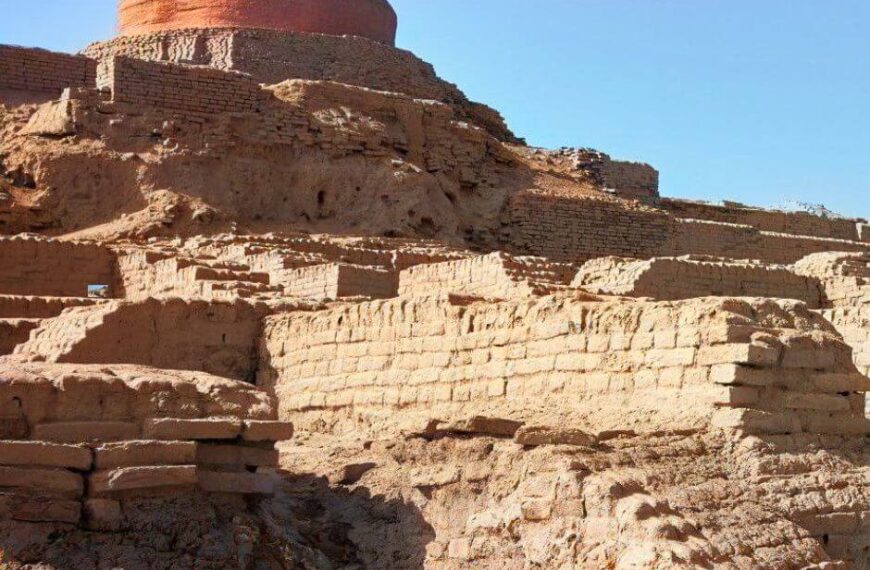
 By
By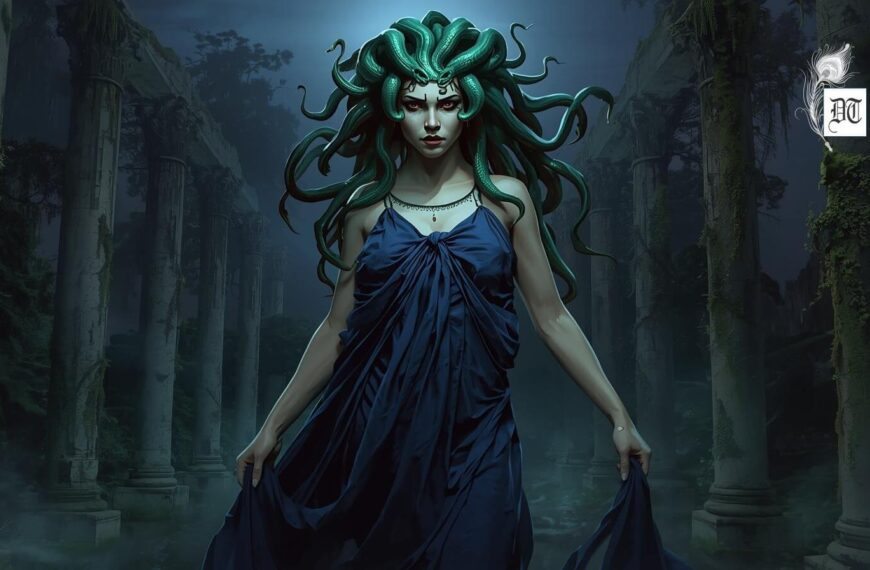
 By
By
 By
By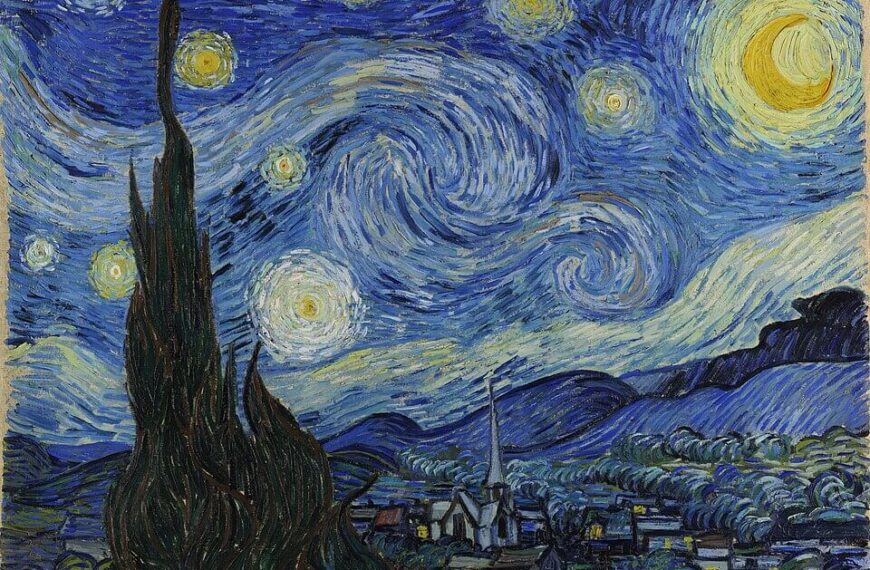
 By
By